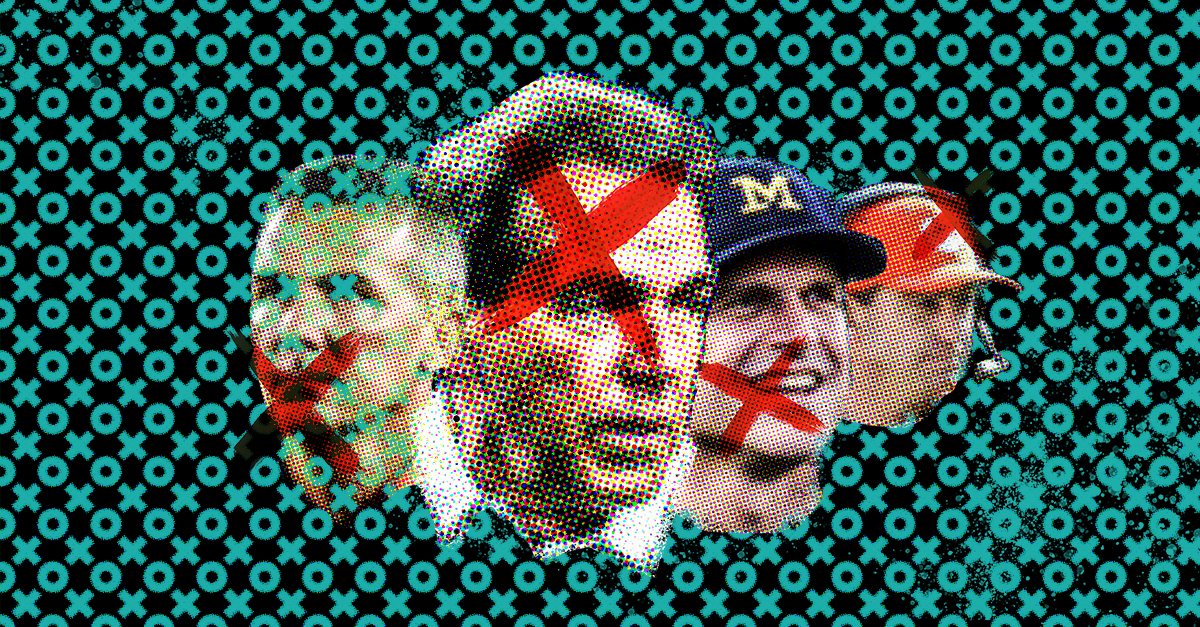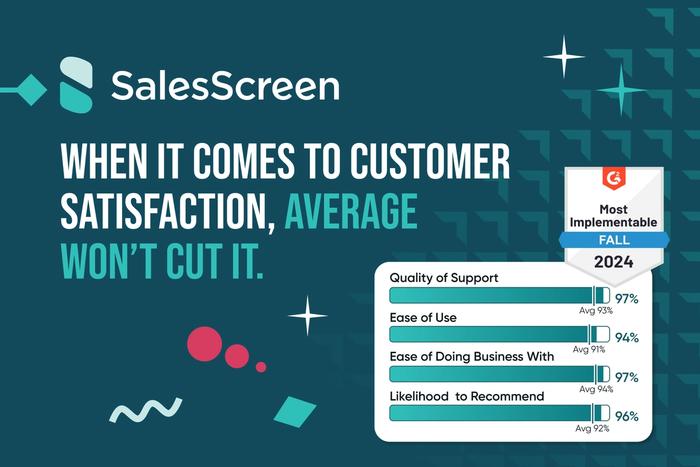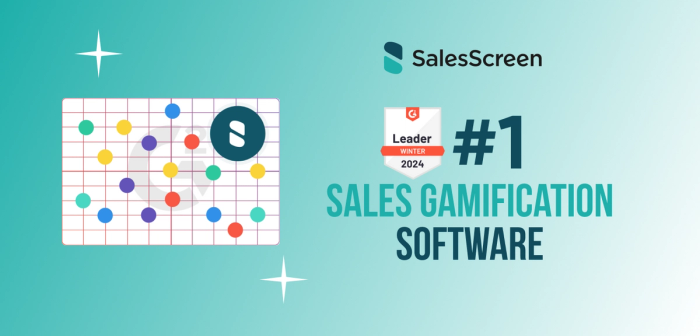There have been 23 head coaching changes in major college football so far this year—and December has just begun. Ed Orgeron (Coach O) was dismissed from LSU just 18 months after putting together arguably the greatest season in college football history. Lincoln Riley is leaving Oklahoma, a place where his quarterbacks were almost guaranteed an invitation to NYC as a Heisman Trophy finalist. And Brian Kelly is leaving Notre Dame despite his team sitting at 11-1 and very much alive in the College Football Playoff race.
According to Sports Illustrated, industry insiders say this is the acceleration of a trend in the sport, a direct result of heavy financial investments—coaching salaries, new facilities, etc.—producing an impatient environment. Fan bases and school administrators want to win, and they want to win now. Much like our boards and investors, stakeholders want to see ROI faster than ever before.
The message is clear: Either you compete for championships, or we will find someone that will. That’s not just talk. There were six head coach openings prior to the end of October this season, compared to zero in the same time frame last year. In addition to coaches being removed from their positions, coaches at other elite programs are opting to move on to what they view as greener pastures. This got me thinking: What can we learn from this as sales leaders?
1.) Good players make good coaches.
In his introductory press conference this morning, new LSU head coach Brian Kelly said he left Notre Dame for three reasons: he wants to coach the best players in the country, with the best resources in the country, in the best conference in the country. Kelly has led Notre Dame to the College Football Playoffs in two of the last three seasons, but the talent disparity has been obvious when matched up with teams like Clemson or Alabama.
Notre Dame brings in an excellent recruiting class every year, but it seems Kelly believes amenities like the new locker room (complete with sleeping pods) at LSU will help him finally claim a national championship. Talent wins. It’s a tale as old as time. In a competitive landscape, recruits are choosing schools based on the extra benefits… just like sales talent. People have simply realized they can be comfortable and have fun while they get their work done.
2.) Acquiring talent is difficult—you need to keep the talent you have.
It’s no secret – there’s a major power shift occurring in the world, where talent is overtaking those who manage them. In college football, the Transfer Portal and new transfer rules allow players to leave their school and start somewhere new in relatively short order. It’s the same with sales talent in the ultra-networked world we live in. Sure, there are those gifted few among us that can walk in and perform at a high level right away—the first-round draft picks, the perennial president club performers, the ones who always just seem to win. For the other 95 percent of our teams in athletics and sales, it takes time and resources to develop talent to the point of successful performance. In a world where 55 percent of people will likely leave their job in the next 12 months, and the average sales rep tenure is 18 months, what are teams doing to keep the players they have?
Ole Miss is having fun with it. They just finished their best season in school history, and they celebrate everything. Just check out their locker room after a midseason win over rival Arkansas. The key is keeping your talent engaged. Every team has its peak performers—the star players who make the big plays in the games, and the highest-grossing reps that snag the sexy headlines. Anyone who’s ever been on a team knows that that is just the tip of the iceberg of the total team experience.
Great teams have depth. 1-2 injuries don’t cost them a season, and 1-2 reps leaving doesn’t cause the company to fold. It’s crucial to keep everyone on your team engaged, and celebrating the small victories (great practice reps, weight room gains, or prospecting conversions) are a way to let your developing talent realize they are contributing to the team's success. Everyone wants to be part of a winning team, and it takes time to get there.
3. X and O coaches are a dime a dozen… The great ones are great motivators.
There’s talent everywhere. When all things are equal, the difference between winning and losing always comes down to who wants it more—as cliché as it sounds. And this isn’t about who can give the greatest ‘pump up’ speech before a game to raise the emotional intensity of a team minutes before a contest. This is about motivating your team to put in the necessary work prior to the game.
Alabama head coach Nick Saban nails it: “If you’re an average player, you want to be left alone because you want to be able to slide by. If you’re a good player, you want to be coached. If you’re a great player, you want the coach to tell you the truth, every day. Did I hustle on that play? Did I make the right read? Did I play the guy with the right leverage? You want to know, every play. Do you know why? They want to be perfect.” The great players don’t become great by receiving feedback on winning and losing games, they become great by knowing exactly what they’re doing right and wrong every step of the way. That’s no different from the great sales reps.
It’s easy to focus on the games or the deals, but the key to consistent excellence is a maniacal focus on the activity that gets you there. Hustling in practice, booking meetings, finishing a drill, prospecting, etc. The great ones want to know where they stand, all the time. Identifying top talent, retaining your team, and motivating them in order to consistently drive winning behavior results in an increase in the thing sales leaders care most about: pipeline.
This is where gamification comes in and SalesScreen can help. Our goal isn’t to change anyone’s job – it’s to make work more fun and to make it competitive so that your sales team naturally does more. There are two things your sales reps naturally crave: money(obviously) and an old-fashioned pat-on-the-back for a job well done. Let us handle the visibility and accompanying celebrations for your team's small wins, and let you handle what you do best: closing deals.










